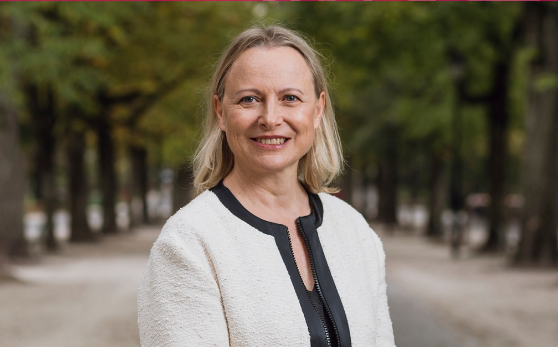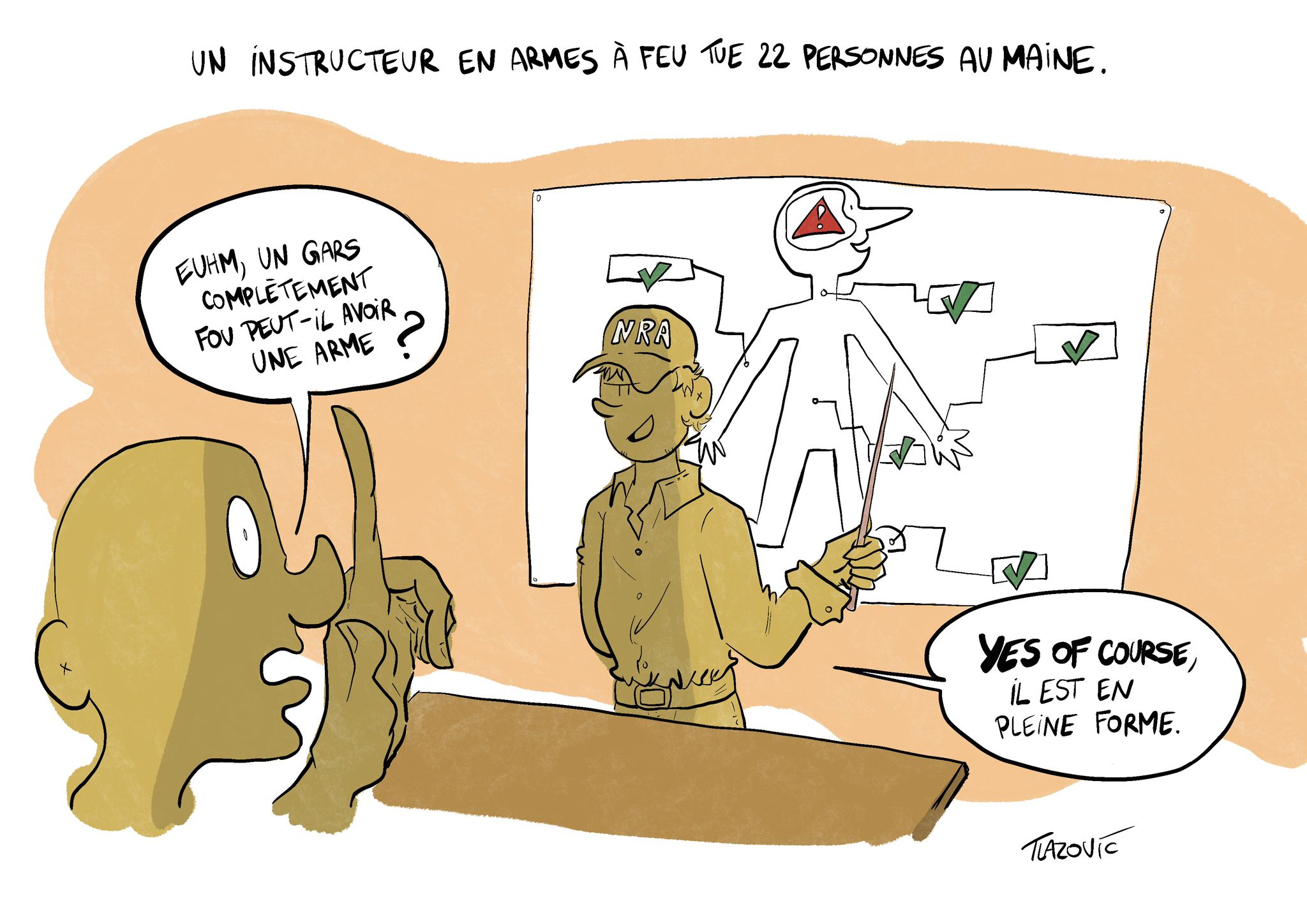Il arrive assez souvent de lire dans la presse qu’une élection a été gagnée dans une façon pas si « libres et régulières » comme on le souhaitera dans le cas d’une élection démocratique. Comment, donc, un leader et son parti trichent pour gagner les élections nationales ? On vous présent ici le cas pratique des récentes élections nationales au Cambodge, gagnées pour la 5ème fois de suite par le Premier Ministre Hun Sen.
Cambodia is extremely poor, underdeveloped and among the ten most corrupted countries in the world. The 28th of July 2013 was held the 5th national election since the Khmer Rouge regime. The election was won for the fifth time in a row by Mister Hun Sen, the longest serving Prime Minister in South East Asia. Human Right Watch has accused the Cambodian People’s Party (CPP) – the ruling party – of elections fraud. The Cambodian National Rescue Party (CNRP), the opposition party led by Mr Sam Rainsy, is still claiming nowadays the victory.
Cambodia was not the only country that had elections this past summer. Kuwait, Zimbabwe, Mali, Togo, Mongolia, Iran had national elections, most of them had major irregularities. How does a party/political leader cheat in order to win the national election? What do the leaders and their party do on the ground when the Election Day comes?
/International/Entrees/2013/9/27_How_to_cheat_on_national_elections_files/image1.jpg)
The PM Hun Sen has been in power, in one way or another, for the last 28 years. Beside being a very charismatic leader with the strong promise (somehow kept through the years) to keep peace and avoid another civil war (always a threat since the Khmer Rouge regime in 1975-1979), Mister Hun Sen pulled out of his hat a few not-so-legal tricks in order to win its 5th national election.
“Magic” ink
After giving its vote, the Khmer’s finger is marked with indelible ink, which is supposed to wash off only after a week or so. Some electors who gave their vote to Hun Sen had their finger marked with an other kind of ink, which was easy to wash with some bleach or lime juice (http://www.voanews.com/content/cambodia-poll-monitors-report-problem-with-indelible-ink/1711199.html), therefore some were able to vote two, three, four times.
Registration lists
In order to vote, Cambodians had to first register through one of the many parties competing for the elections. The people that had registered through the Cambodian People Party (Hun Sen’s party) encountered no problem on Election Day and were able to vote. It is said that 10 % of the names were bogus. Moreover, it is also believed that 11% of the people who did legitimately register, will not be able to vote because their names are either misspelled, or not at all on the lists.
Travelling
Khmers must go back to their hometown to vote. This means that thousands of Khmers travelled around the country in the days previous and following the Election Day. The prices of the bus tickets doubled or even tripled during the election weekend, making travelling very expensive for the Khmer population. Adding insult to injury, during my stay in Cambodia I met several Khmers who told me they travelled 5 to 10 hours on very uncomfortable buses and dangerous roads (Cambodia also has one of the highest car-accident rate of the world) to go back to their hometown and ended up not being able to vote because of the misspelling or missing of their name on the lists.
Befriend the electors
Usually, in a well working democracy, the politicians have to try to convince the electors to vote for them. They do that with promises of lowering taxes, lowering the unemployment, and other magnificent promises they will for sure keep once elected. Hun Sen played the same game, but went a little bit further. In exchange of their vote, Khmers got financial aid from the government. The months pervious the 28th of July, it became possible for Khmers to build houses, schools, and all type of buildings. Of course, the works had to be finished before Election Day, otherwise they might as well wait other five years for the following election to get there and get new government funding to continue building.
Apparently PM Hun Sen also decided to releases some prisoners, in exchange they just had to give him their vote.
/International/Entrees/2013/9/27_How_to_cheat_on_national_elections_files/image3.jpg)
Campaigning
Megaphones are the main communication means. Political gatherings, which quickly turn in huge parades with thousands of motorbikes honking, are daily events. Thousands of CPP or CRNP supporters, wearing their party’s hat, t-shirt and waving flags, go around the roads of the main cities yelling into megaphones. If you didn’t know it was “election mania”, you could almost think it is a Carnival. The tuk-tuks are left hours on the corner of a busy street, with megaphone reproducing political speeches from party leaders, and the party anathem.
It is also common for the CPP to go to poor and rural villages, offer 10 dollars to each person that sits on the back of a pick-up, wears a CPP’s hat, and yells the whole day around the city (Phnom Penh, Siem Reap, Battambang or Sienhoukville): “HUN SEN – HUN SEN – HUN SEN”. The average income for a rural worker is 2 $ a day, so this is a pretty good way to earn some extra money.
Corruption in the world
Corruption is a serious and often underrated problem in many countries of the world. According to a poll by the Bbc Transparency international, showing the global corruption barometer (http://www.bbc.co.uk/news/business-23231318) which is based on the question “Have you ever paid a bribe?”, Australia, Japan, Finland and Denmark are the countries with less corruption with 1% of its population having paid a bribe. Sierra Leone stands out with an impressive rate of 84%. Switzerland is no leading example with a 7% rate that place it at the 21st place, behind countries such as Italy, Portugal, South Korea or Georgia.




Laisser un commentaire
Vous devez vous connecter pour publier un commentaire.